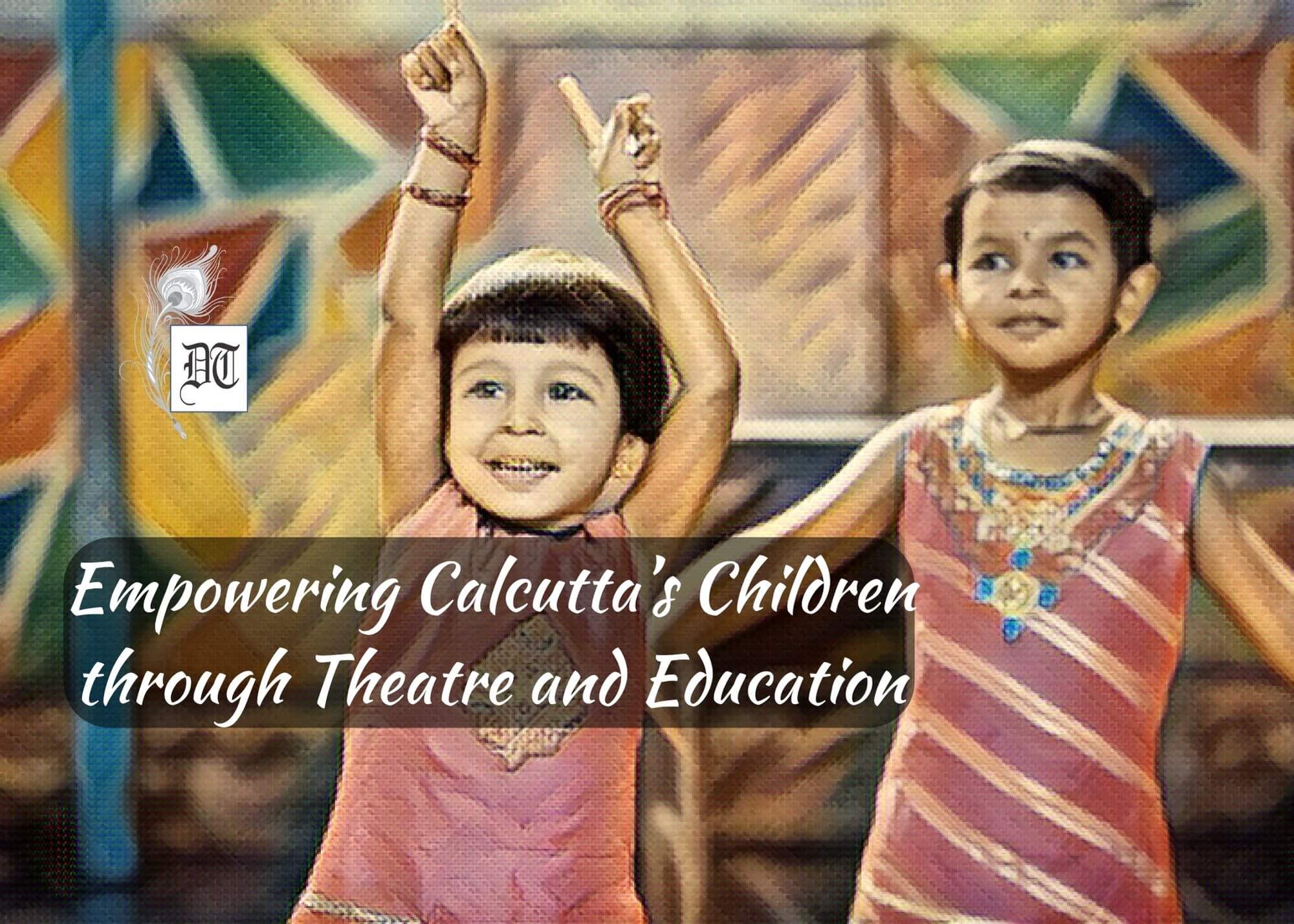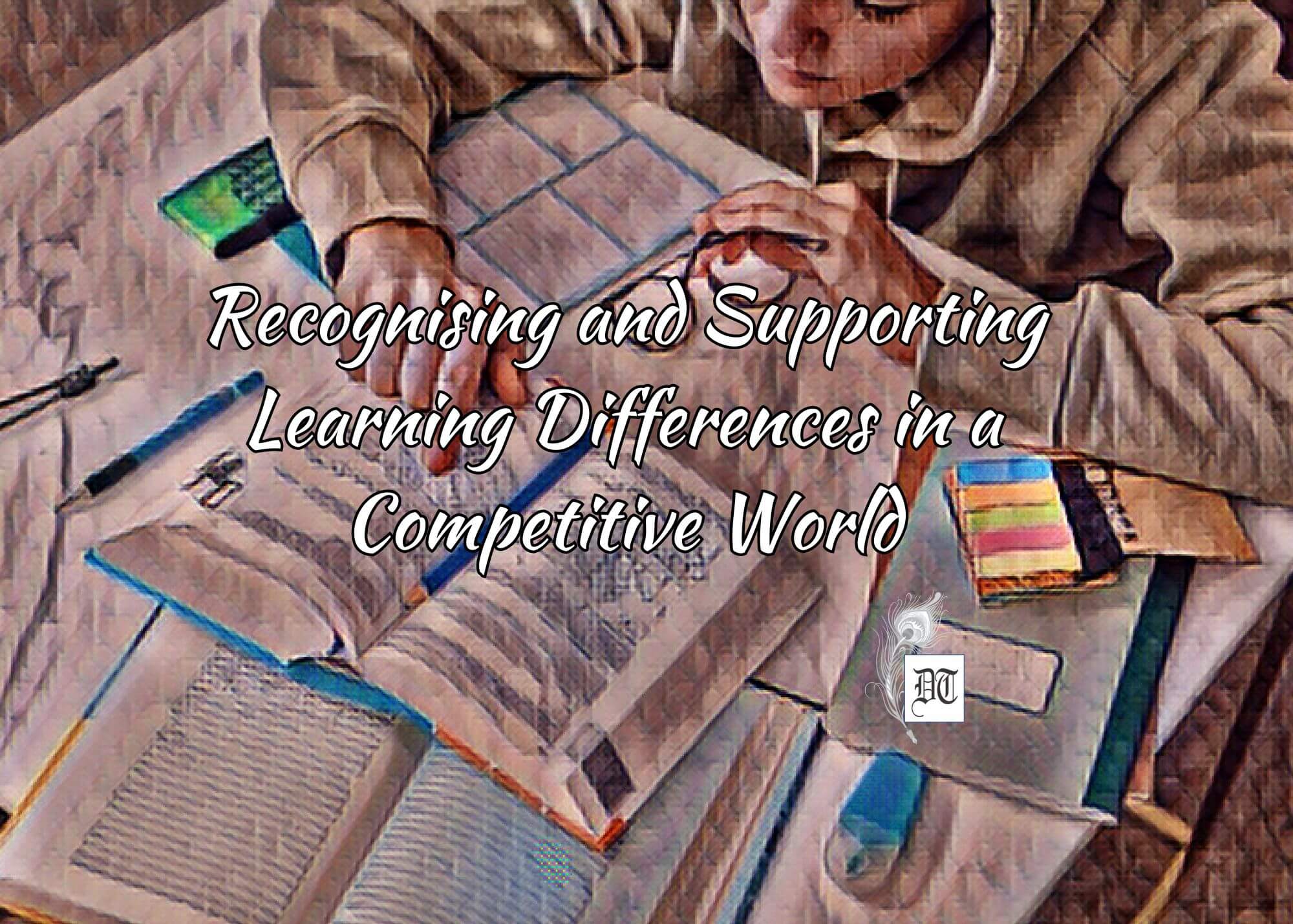Soumya talks of a play in Calcutta featuring children experimenting with gender roles. He taught pro bono. However, exam-oriented education faced challenges, exclusively for Different Truths.

Last Puja, I produced a play by children for our neighbourhood cultural events that are a part of the puja in Bengal by adapting a Ray story as a play.
The problem in Calcutta, especially in upper-middle-class neighbourhoods like Salt Lake, is that due to the lack of opportunities in Bengal, the younger generation has shifted to other parts of India and the world and left the ageing parents here. As a result, there’s a huge shortage of children, or even youngsters, and geriatrics play the hero and heroine in plays. But they couldn’t quite play children’s roles.
But almost all houses have live-in caregivers, and they have school-going children.
But almost all houses have live-in caregivers, and they have school-going children. These kids were the mainstay of the dance events in the locality’s cultural group
So, I recruited most of my actors from these kids. As they were part of the dance troupe, these were mostly girls. But in a reversal of the trend in the history of the stage, I decided to have the girls play male roles.
A journalist interested in the experiment of merging class and gender identities and including the caregivers in cultural activities that elsewhere are restricted to the homeowners covered it in the newspaper, interviewing the kids, much to their excitement.
One problem remained: that of school. Exams were approaching, and many of the parents did not have the benefit of education, so they depended on coaching classes of dubious merit, and the times clashed with the rehearsals.
So I offered to help out with the lessons.
So I offered to help out with the lessons. While I was living in Delhi, I used to tutor underprivileged children in the area, but the education department rejected my offer to do so pro bono in a nearby school in Kolkata despite the principal’s enthusiastic acceptance. So I thought that I could start an informal tutorial class at home.
There was a response from many before the exams, where I could offer stop-gap solutions, but very few became regular.
Being a postgraduate student of education was a challenge, but I discovered that even at the master’s level, they had set questions and answers that they memorised and repeated in the exams. So, my efforts at giving serious answers were dropped, and I could only correct typos and copy mistakes.
For her dissertation, she had to do field studies and report on the empowerment of tribal women migrants.
For her dissertation, she had to do field studies and report on the empowerment of tribal women migrants in urban areas. Very excited, I went through the responses and tried to create something interesting and real, but it was rejected, and finally she was asked to copy-paste lots of quotations, extracts, information graphic representations, and equations from the net, which neither of us understood, but she got her master’s degree.
The most promising kids were two brothers in classes three and six who wanted to learn English. I found that the tuition teacher writes out answers that they copy without understanding as if they were Egyptian hieroglyphs. The younger one couldn’t read what he wrote, and the elder one didn’t understand.
I started teaching the alphabet phonetically, explaining meanings, giving examples from their daily lives, and conversing in English.
Things were made more difficult as they were reading 18th-century English poets in archaic English as part of the text. These probably haven’t been revised since Macaulay’s time. I had to explain old English, the changes in language, and completely alien landscapes and situations.
They were very enthusiastic and came to classes whenever they were free. And despite my initial misgivings, I made startling progress. They could figure out answers after reading the text and enjoyed the stories. And write answers independently, when I only had to correct the tense, grammar, and spelling.
This, however, didn’t match up with the copied and memorised answers given by the tutor, and their exam marks suffered.
I think the parents have gone back to the regular tutor, somehow scraping together the fees.
I realised that I should have taught them how to crack exams.
I realised that I should have taught them how to crack exams along with teaching them to read, write, and enjoy literature.
It was a learning process for me.
Picture design by Anumita Roy





 By
By

